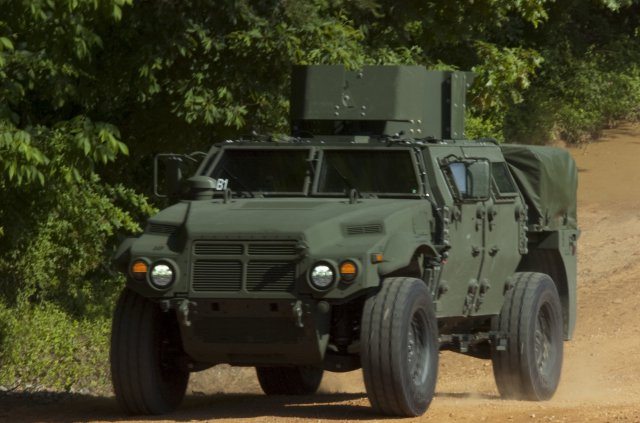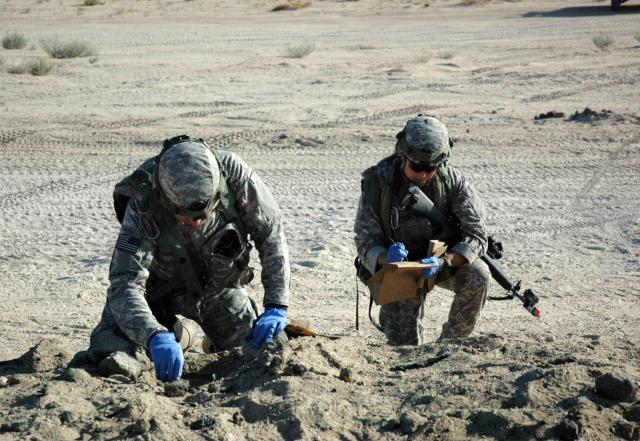Today, a Request for Proposal was issued by the U.S. Army for the Engineering and Manufacturing Development phase of the Joint Light Tactical Vehicle program.
The Joint Light Tactical Vehicle, or JLTV, family will balance critical weight and transportability constraints within performance, protection, and payload requirements — all while ensuring an affordable solution for the Army and U.S. Marine Corps.
“Both the Army and the U.S. Marine Corps have identified critical capability gaps in their respective light tactical vehicle fleets. JLTV is the most cost-effective program to meet capability gaps for the light tactical vehicles with the most demanding missions,” said Kevin M. Fahey, Program Executive Officer for Combat Support and Combat Service Support, known as PEO CS&CSS.
JLTV is a major Army-Marine Corps acquisition program for a new generation wheeled vehicle that will replace a portion of the services’ Humvee fleet. The program’s aim is to develop a new multi-mission light vehicle family with superior crew protection and performance compared to the Humvees.
“The Technology Development phase for this program did exactly what it was intended to do — provide the basis for the cost-informed trades that resulted in a common Army and Marine Corps requirement. It serves as a model for how the services looking forward should operate in a cost-constrained budget environment,” said William E. Taylor, Program Executive Officer Land Systems Marine Corps.
In the spring of 2011, JLTV successfully completed a 27-month Technology Development, or TD, phase — satisfying its intended purpose of demonstrating the integration of mature technologies as a complete system and providing the Army and the Marine Corps with an assessment of the technical, performance cost and schedule risks relevant to entering the Engineering and Manufacturing Development, or EMD, Phase.
“The TD phase gave the Army and USMC exactly the kind of information we needed concur on a common base requirement, a streamlined acquisition schedule and a competitive process to ensure JLTV remains affordable,” said Col. David Bassett, project manager for Tactical Vehicles.
Following submission of proposals, the Government will convene a source selection evaluation board, comprised of subject matter experts from across the Department of Defense, to review the industry proposals. The Army intends to award up to three contracts during the summer for the EMD phase for the delivery of 22 prototype vehicles per contract. Additional deliverables include ballistic structures, armor coupons, additional test assets, contractor furnished kits, trailers and data requirements.
The refined 27-month acquisition strategy is designed to put a premium on driving down costs, reducing risk and getting vehicles into the hands of warfighters quickly. The JLTV EMD contract period of performance for contractors is 27-months, while the full EMD phase will last for 33-months as the program offices ensures JLTV moves successfully from Milestone B to Milestone C.











